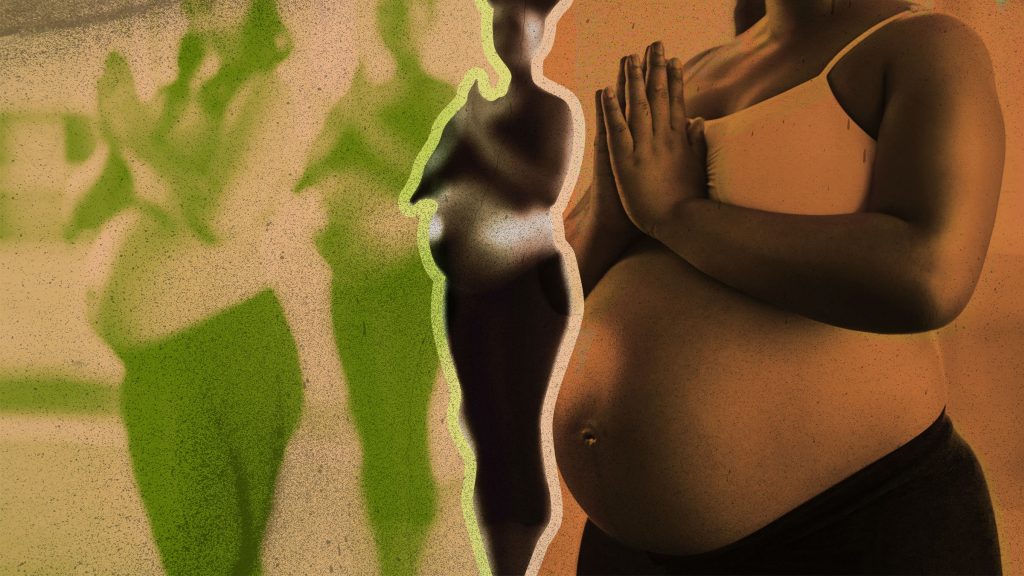Inequality Is a Health Risk—and It’s Getting Worse
…

Inequality Is a Health Risk—and It’s Getting Worse
Inequality is not just a social issue, it is also a major health risk that affects individuals and communities worldwide. Studies have shown that individuals living in poverty are more likely to suffer from chronic illnesses, mental health disorders, and have lower life expectancies.
Access to healthcare is a key factor in determining health outcomes, and those who are marginalized or disadvantaged may struggle to access quality care. As income inequality continues to grow, so does the gap in health outcomes between the rich and poor.
In addition to physical health, mental health is also impacted by inequality. The stress of living in poverty or facing discrimination can lead to anxiety, depression, and other mental health disorders.
Furthermore, environmental factors play a role in health inequality. Poorer communities are more likely to be exposed to pollution, toxins, and other environmental hazards, leading to higher rates of respiratory illnesses, cancer, and other health problems.
Addressing health inequality requires a multi-faceted approach that includes improving access to healthcare, addressing social determinants of health, and working to reduce income inequality. It is crucial for policymakers, healthcare providers, and communities to work together to create a more equitable and just society.
Ignoring the impact of inequality on health not only perpetuates disparities, but it also leads to increased healthcare costs and a less healthy population overall. By addressing inequality at its root, we can create a healthier and more prosperous society for all.
In conclusion, inequality is a significant health risk that is only getting worse as income and social disparities continue to grow. It is imperative that we work towards a more equitable society to ensure the health and well-being of all individuals.







